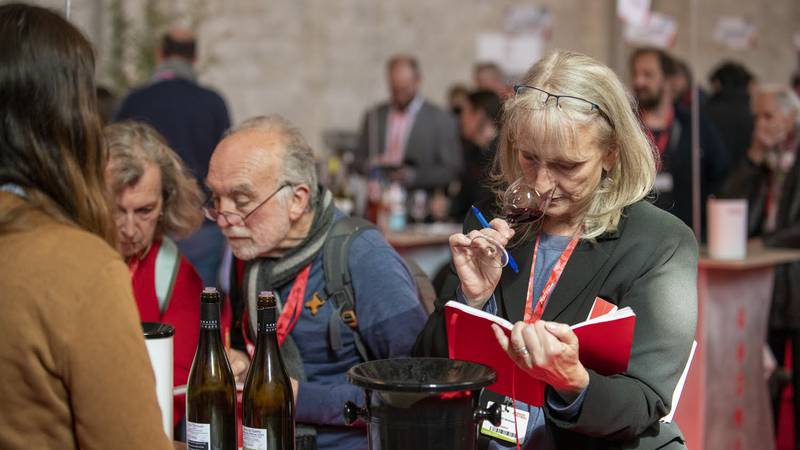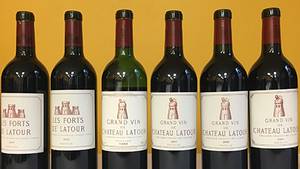The Côtes du Rhône’s winemaking history dates to 600 BC. With more than 2600 years of viticulture and tradition to preserve, it is more important than ever to protect the terroir of this much-loved French wine producing region. As such the Institut Rhodanien, under the direction of president of Philippe Pellaton, is prioritizing the institution of sustainable practices to ensure a sustainable future.
According to Pellaton “societal expectations with regards to environmental issues in the vineyards, the necessary emphasis on low-residue wines, the work on the continuous adaptation of our red wines to market requirements and the clear definition of the profiles of the white and rosé wines are all areas that need to be urgently addressed and in which we need to support our producers.”
To support this commitment to sustainability, Côtes du Rhône and Côtes du Rhône Villages AOC have established four pillars.
- TRANSPARENCY OF PRACTICES
Côtes du Rhône was one of the first regions to get the AOC. Always with the OBJECTIVE OF TRANSPARENCY, they increased the number of CSR (Corporate Social Responsibility) initiatives deployed by the wineries. This contributes to sustainable development by addressing all the environmental, social and economic factors involved. Since 2021, Inter Rhône, a professional association bringing together the winegrowers and wine merchants of the Rhône Valley, has started the process to obtain the CSR label. An innovative initiative to preserve the unique terroir of the region.
- BIODIVERSITY PROTECTION
In 2014, the region developed the Landscape Charter to encourage the development of biodiversity. The charter relies on voluntary actions by wine producers to adopt sustainable practices and promote biodiversity. Moreover, the Côtes du Rhône AOC have put in place a Strategic Environmental Action Plan in collaboration with associations such as the French Observatory of Apidology and the Institut français de la vigne et du vin (French Institute of Vine and Wine) in order to communicate information to viticulturists. This promotes a collective movement to increase biodiversity in the region.
- RESPECTING THE TERROIRS AND PRESERVING RESOURCES
Many practices are strongly encouraged such as allowing sheep to graze in the vineyards between September and March, the conversion to organic agriculture and good soil management practices. And of course, an important reduction of waste and an efficient recycle system. They also recommend taking into considerations different types of packaging such as a light-weight bottle, natural cork, and vegetal ink. These are just some of the sustainable practices producers can adopt.
- PASSING ON A LEGACY TO FUTURE GENERATIONS.
To achieve this, sustainable and responsible agriculture must be at the heart of priorities. The restoration of the low walls separating the plots is a good example of this. Constant learning by younger generations is just as important. It is by conciliating the knowledge of previous generations and adopting new innovative practices that the wine industry will ensure a sustainable future where typicity and authenticity can be promoted.
Tasting Climate Change founder, Michelle Bouffard, says of the region’s commitment to the environment “led by Philippe Pellaton, the Rhône is making sustainability a big priority, and a focal part of their mandate. They are focused on supporting producers become more sustainable, and as a collective changing their viewpoints on, and embracing the benefits of, biodiversity via cover crops, and agroforestry etc. Producers are also embracing varietals that are more climate change resistant such as Clairette, Marselan, and Counoise that have always been part of the blends but are now getting more attention.”







